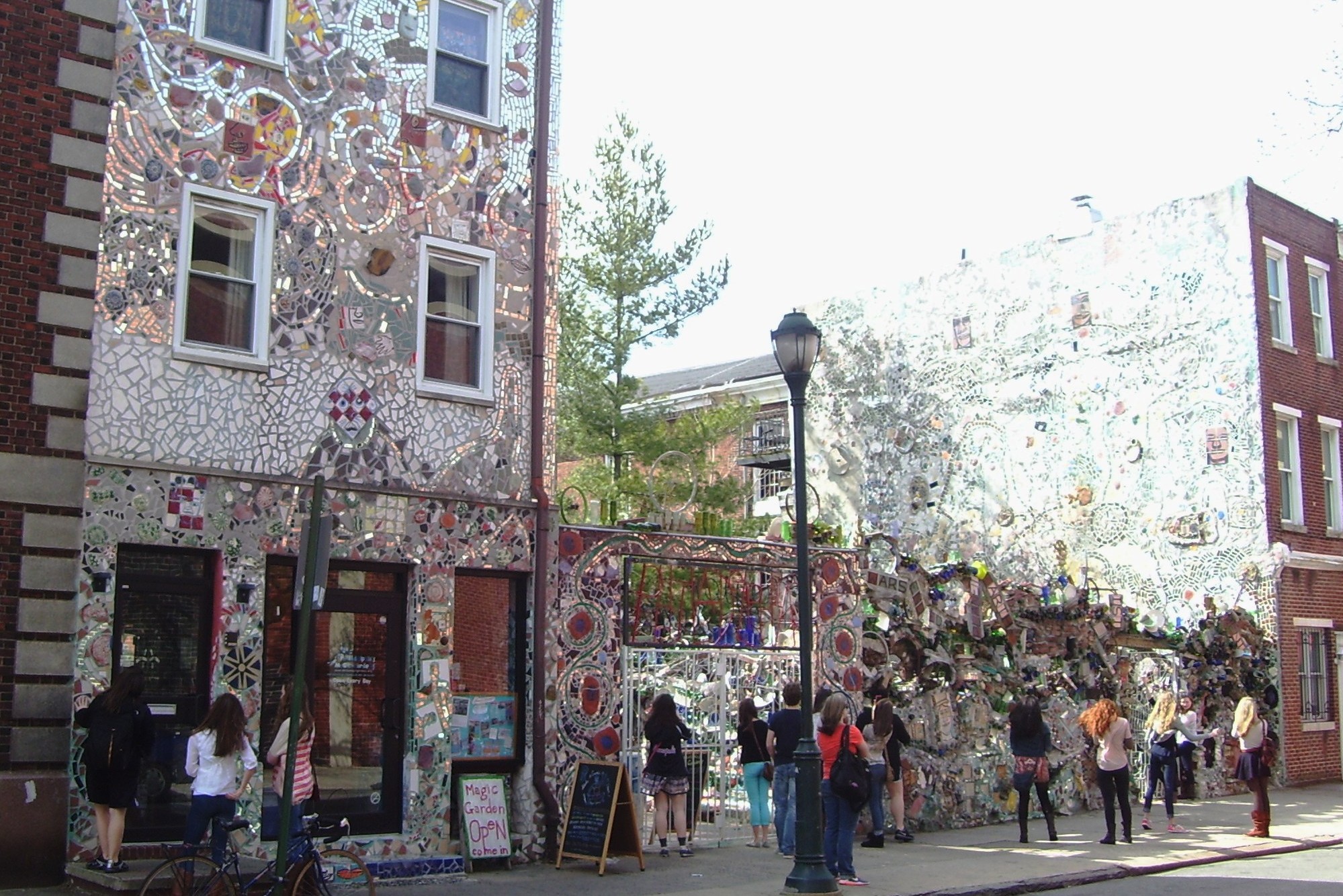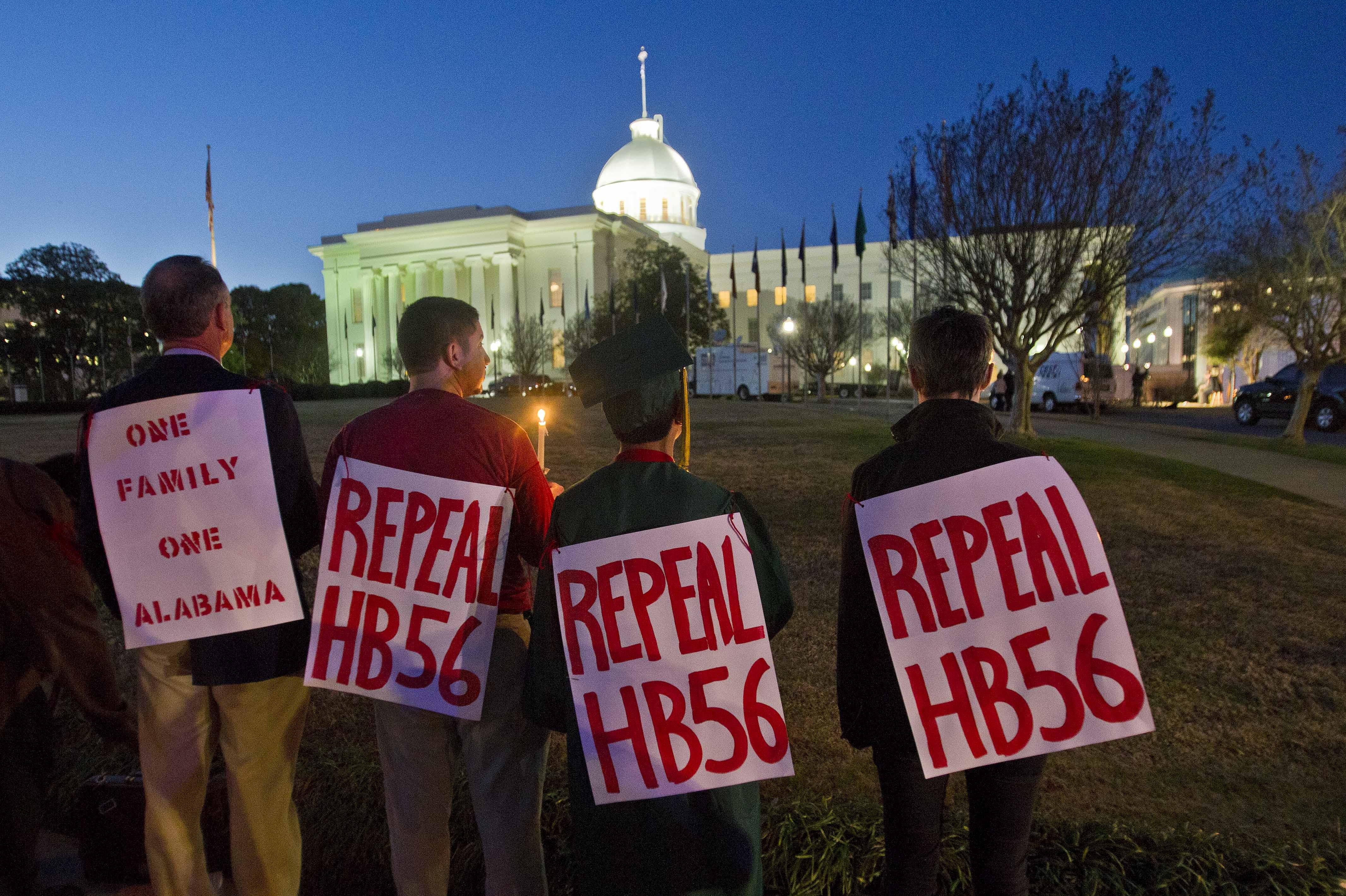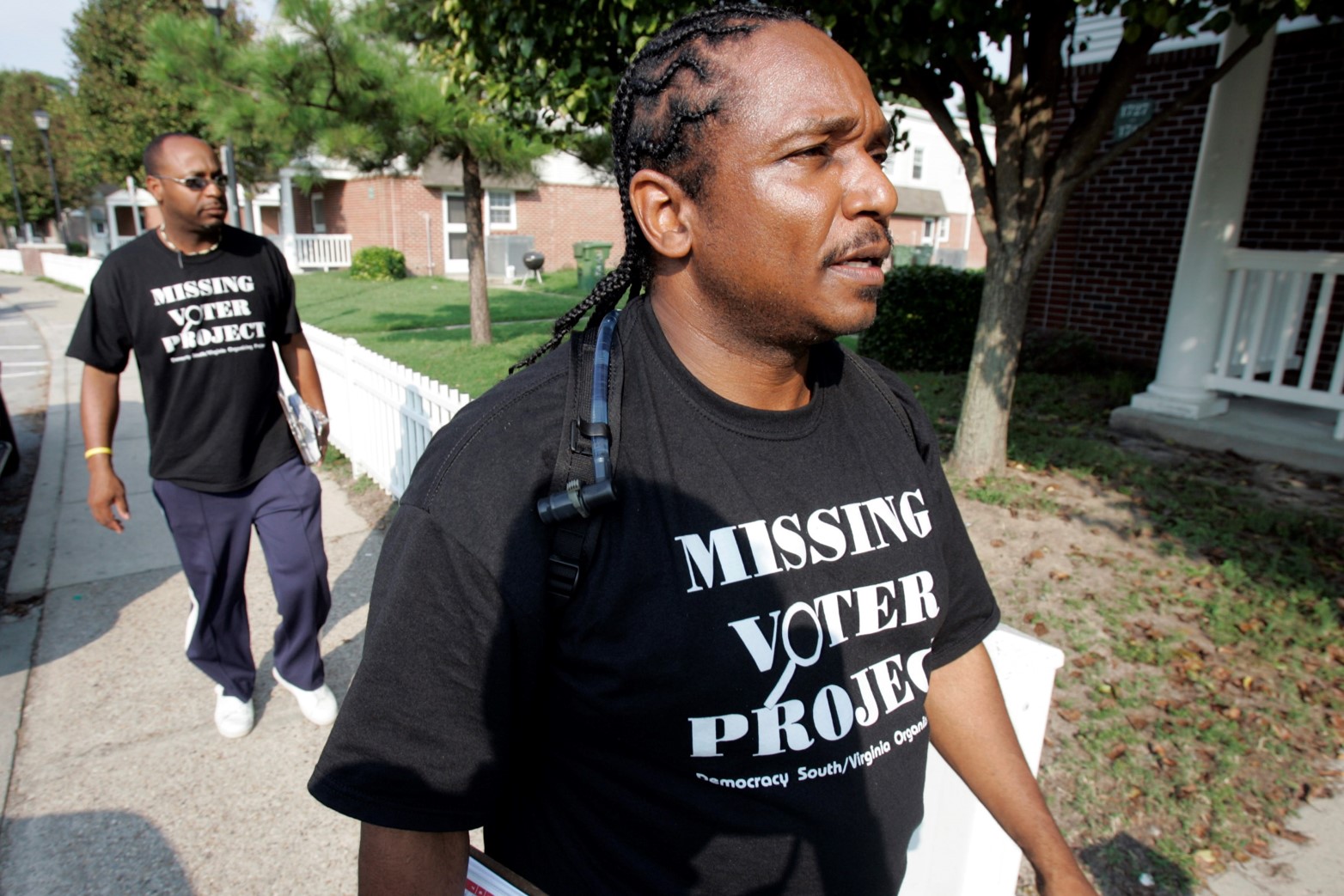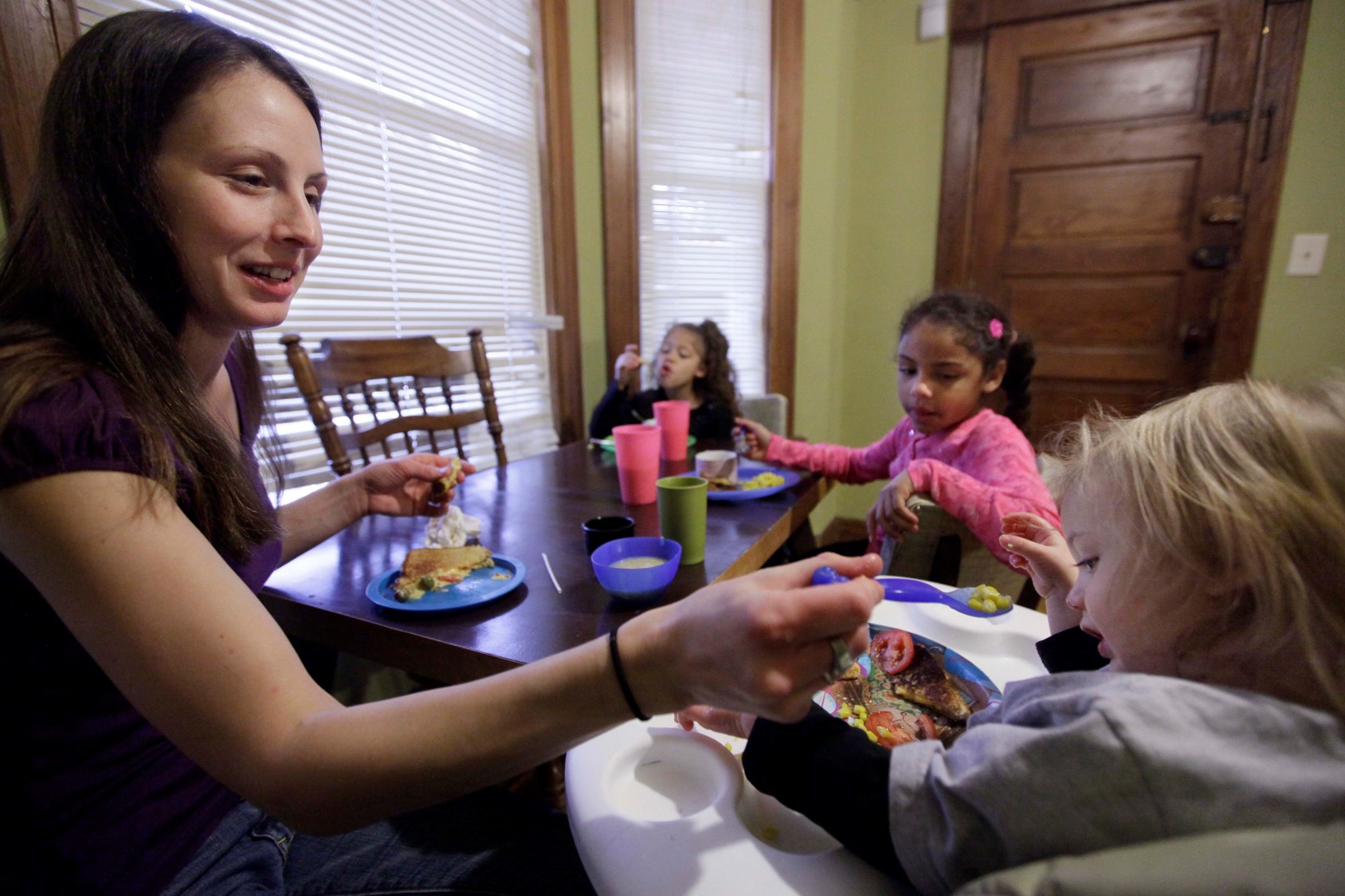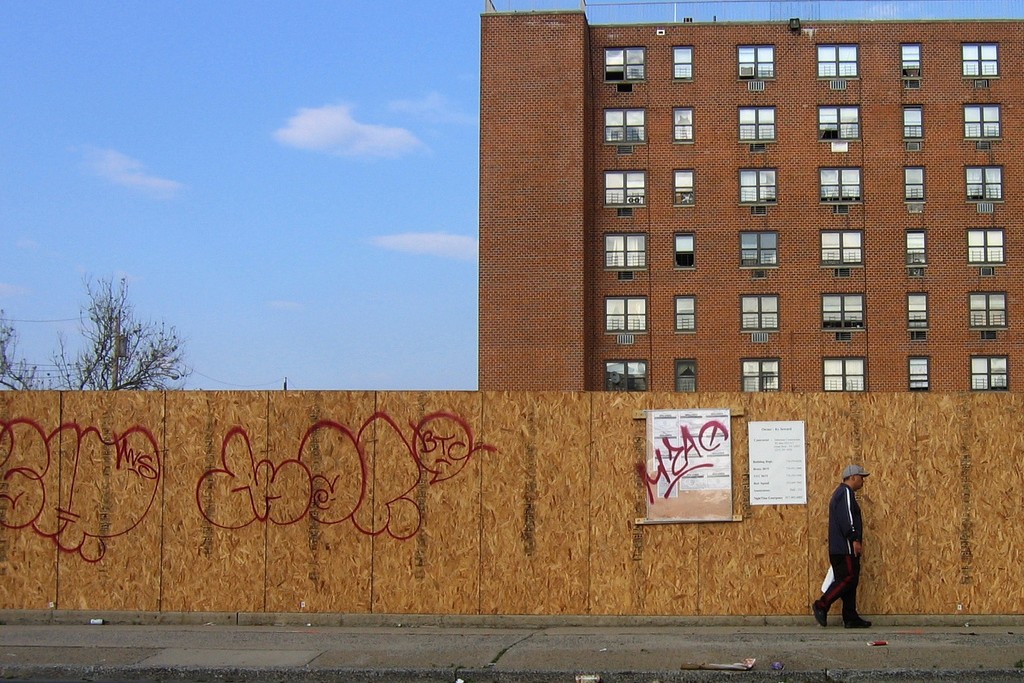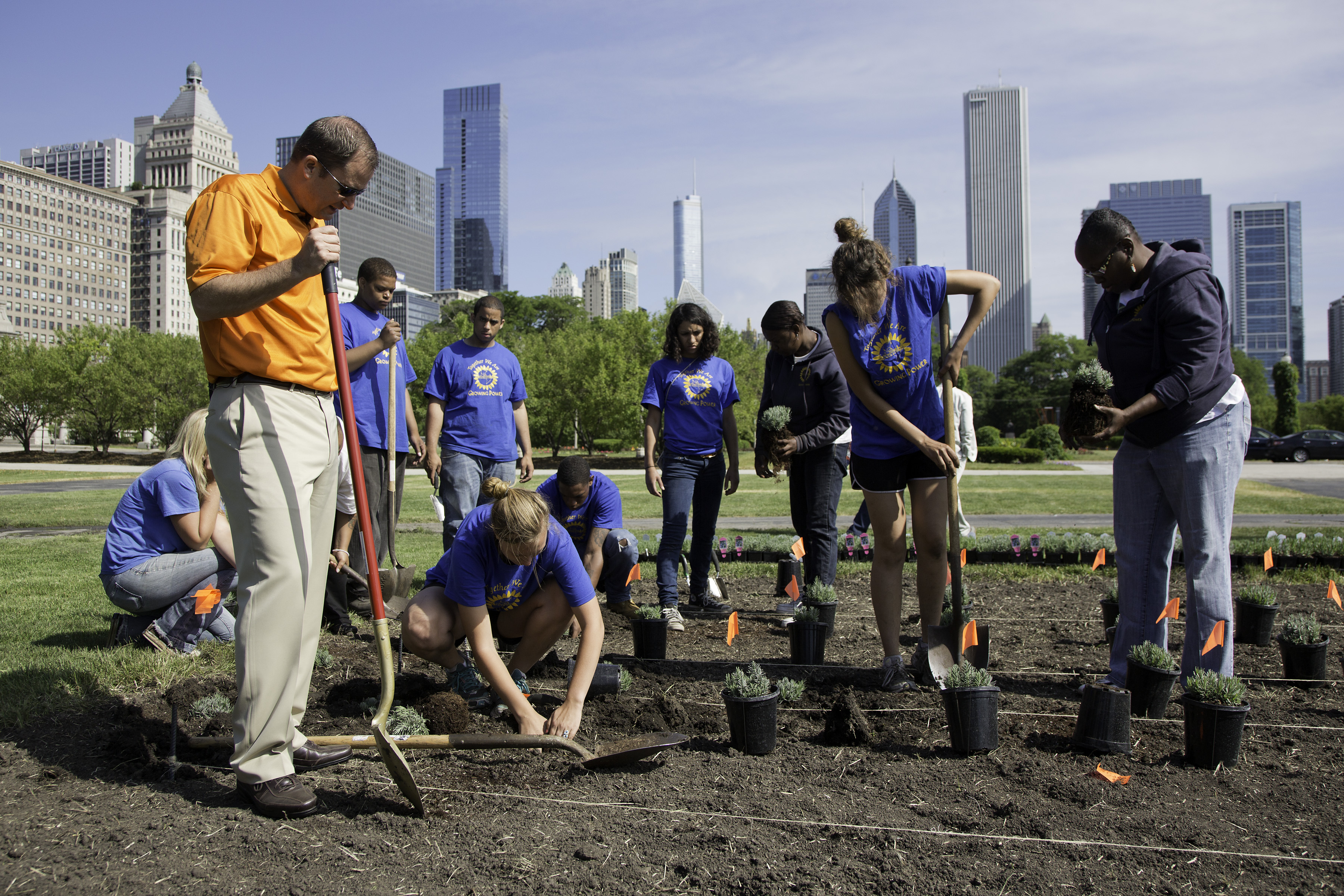Every day in communities across the United States, regular people are coming together to imagine, create, and demand better futures for themselves and their communities. While they occasionally make the news, more often their efforts go unnoticed.
In Detroit, elders volunteer to patrol their neighborhoods, using walkie-talkies to communicate and to combat break-ins. In San Francisco, several women created their own support group called Solutions for Women that encourages emotional wellness and promotes education. In Boston, a group of neighbors converted a vacant, trash-filled, city owned lot into a gardening space with compost, flower beds, and a rainwater-catching system that allows them to grow food, learn about urban agriculture, and build community.
Until we recognize and hold up these collective efforts, we will miss critical lessons about how we can effectively tackle the issues our communities care about – like community safety, social justice, economic mobility, and better health.
A few months ago on TalkPoverty.org, Family Independence Initiative Founder Mauricio Lim Miller issued a call for nominations for the 3rd annual Torchlight Prize – a national award, the Family Independence Initiative (FII) established to publically recognize the leadership, skill, and initiative demonstrated by self-organized community groups. Here are the winners—each will receive a $10,000 prize in recognition of their efforts to improve and strengthen their communities:
El Valle Women’s Collaborative is based in the rural town of Ribera, New Mexico. The founding members created the group to address a unique set of environmental and economic challenges faced by families in their community. Their goal: to strengthen their economy so they could work where they live and create a safe space for neighbors to gather and engage in community-building events and activities. The group has established several projects in pursuit of their mission, including El Valle Thrift Exchange, a retail thrift store that allows customers to pay what they can afford instead of a set price; Earn and Learn, a small business development training program; and Bueno Para Todos Cooperative, which supports local farmers in taking their produce to market.
HOLA Ohio was founded to improve opportunities for the Latino community in northeast Ohio through organizing, advocacy, and civic engagement. In the early 2000s, the population of immigrant workers grew exponentially and led to clashes with the established community, as well as labor abuses, discrimination, and disparities in healthcare and education. What started as a small, informal group of Latino immigrants in Painesville, Ohio, has since grown into four chapters that have influenced immigration policy both locally and nationally. The group has saved many immigrants from incarceration and family separation due to deportation. Through political education, HOLA empowers its members who previously lived in fear on the margins of society.
Get Talk Poverty In Your Inbox
Facing one of the highest crime rates in the country—and following the murder of a young resident—community members in North Oakland, California organized the North Oakland Restorative Justice Council to examine ways to sustainably curb violence in their neighborhood. The group meets every month to review evictions, shootings, and other local conflicts. They also organize trainings, fundraisers, healing circles, and other approaches to preventing, treating, and managing interpersonal and institutional community violence. In 2015, the group will launch a restorative justice alternative sentencing pilot project to help bring an end to the “preschool to prison” pipeline for youth in North Oakland.
Finally, KhushDC, is a volunteer-supported group that promotes awareness and acceptance—along with fostering positive cultural and sexual identity—for members of the South Asian lesbian, gay, bisexual, transgender, and questioning (LGBTQ) community. KhushDC organizes advocacy initiatives to address the criminalization of homosexuality and hate crimes due to race, sexual orientation, and gender presentation. The group also collaborates with other LGBTQ organizations in the DC metropolitan area to host discussion groups, participate in Gay Pride events, and organize other social events that build a sense of community.
These Torchlight Prize winners represent a small sample of the powerful work that’s happening in communities across the country. They show us that by working together, families and communities can achieve powerful and sustainable results and tackle some of our nation’s most pressing social and economic challenges. They also remind us that in addition to pushing for policy solutions, we need to examine and support the collective work being done by community based organizations to spur economic and social mobility.
A different way forward is possible, and by working together, we can make change happen.
Author’s note: Learn more about this year’s winners and finalists, and read about past honorees, on the Torchlight Prize website.

